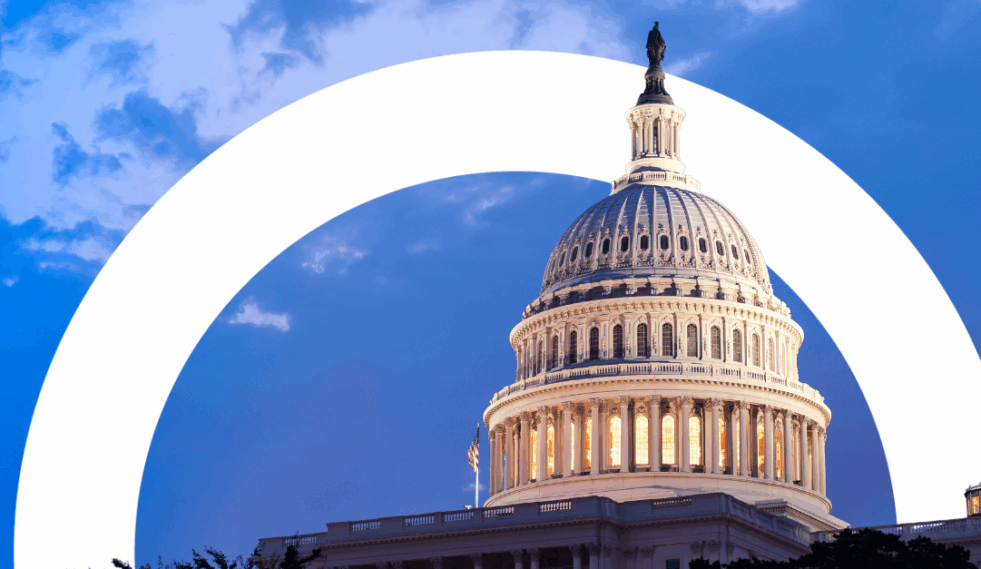
Changes to Section 174 Bring Relief to U.S. Innovators and R&D-Driven Businesses
Key Updates Explained
Houston, TX – July 7, 2025 – Last week, Congress passed the long-anticipated One Big Beautiful Bill (“OBBB”), a sweeping bipartisan legislative package that restores and strengthens key incentives for U.S. innovation and technological leadership. Central to the bill’s impact is an amendment to Section 174 Research and Experimental (“R&E”) capitalization requirements. This change is a significant enhancement to the Companies historically claiming or planning to claim the Research and Development (R&D) Tax Credit, marking a turning point for startups, small businesses, and large-scale innovators across the country.
What’s Changed:
- Section 174 expensing restored: For tax years beginning after December 31st, 2024, businesses are no longer required to amortize domestic R&E expenditures over five years as required under the Tax Cuts and Jobs Act (TCJA) passed in 2017.
- Retroactive relief for small businesses: The requirement to no longer amortize R&E expenditures retroactively is eligible for businesses with average annual gross receipts of under $31 million in the prior three years, beginning in Tax Year 2022. The OBBB revises this by offering taxpayers increased flexibility and choice.
- More options for prior-year R&E costs: For domestic R&E expenses incurred in tax years beginning before December 31, 2024, taxpayers may now elect one of three choices:
- Immediately deduct R&E costs in the year incurred.
- Deduct the remaining unamortized amount ratable over the 2-taxable year period
- Capitalize and amortize costs over the useful life of the research (not less than 60 months).
Note: the current law treatment of foreign R&E costs (capitalization and amortization over 15 years) remains unchanged
Why It Matters:
Since the TCJA’s changes to Section 174 took effect in 2022, thousands of U.S. companies – particularly in biotech, software, aerospace, and advanced manufacturing – have faced cash flow disruptions, project delays, and hiring freezes. These new provisions restore a more predictable and innovation-friendly tax environment.
What’s Next:
The IRS is expected to issue guidance in the coming months for retroactive filings and amended returns related to Section 174 deductions. In the meantime, CFOs and tax teams are actively reevaluating their 2025 and 2026 planning strategies to take advantage of the restored expensing rules and revised credit structure.
Need help navigating the new Section 174 options and revised credit rules?
The changes to Section 174 and R&D credits open new doors and generates new questions. In the 6th Edition of our the International Innovation Barometer, we explore how businesses are evolving their R&D strategies amid economic pressures, AI disruption, and shifting global incentives. This comprehensive report offers an in-depth analysis of the current state of innovation. It will help you stay ahead in an increasingly competitive landscape – download it for free today!
Our team of tax experts are ready to help you assess the best path forward based on your structure, sector, and filing history. Contact us to get started today!





